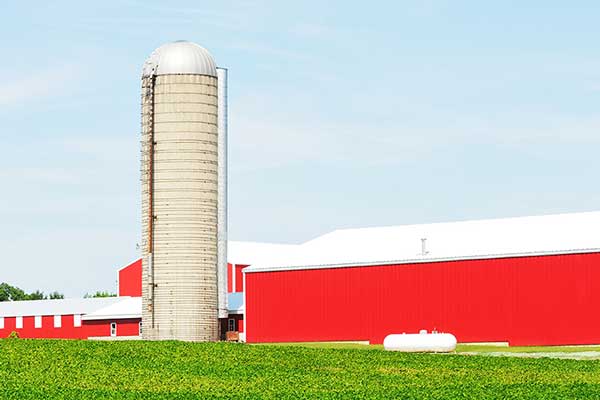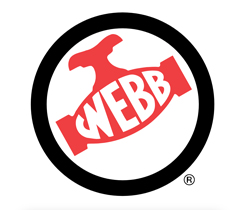Data trends show grain drying season back to normal in 2020

The propane supply delays of 2019 occurred because of a rain-filled spring and a wetter, later-than-normal harvest. Those conditions do not appear to be present for 2020, PERC says. Photo: steverts/iStock / Getty Images Plus/Getty Images
The conditions that caused problems in 2019 for farmers drying grain are not in the forecast for 2020, meaning this year’s grain drying season is shaping up to be business as usual, according to data compiled by the Propane Education & Research Council (PERC).
“We’ve spent the last several months looking at planting reports, crop moisture tables, and weather forecasts, and the upcoming harvest is looking much more normal compared to 2019,” says Mike Newland, director of agriculture business development at PERC. “Current trends show a drier season and more irrigation needed ahead of the 2020 harvest season, making it less likely that significant grain drying will occur as heating needs increase, as was the case in 2019.”
The propane supply delays that much of the Midwest experienced in 2019 occurred because of a rain-filled spring, which led to late plantings and a wetter, later-than-normal harvest. This created a short-term spike in demand due to a sudden increase in grain drying at the same time heating needs were on the rise, stressing the transportation system delivering propane, PERC says.
“The good news for farmers is that none of the conditions that created problems in 2019 are expected this year,” Newland says. “The even better news is that the Propane Council has developed tools for propane suppliers and producers to help ensure everyone has enough propane on hand regardless of current or future conditions.”
PERC recently launched a grain drying calculator tool to help producers determine the number of propane gallons needed each season using just three simple data points.
PERC also developed a grain drying demand model tool exclusively for propane suppliers that allows them to monitor current corn moisture levels within USDA crop districts and compare those with the previous year and the five-year average, as well as the minimum and maximum levels from the last 20 years. The tool is intended to help propane suppliers plan well in advance with their farm customers ahead of any distribution needs, according to PERC.
“We’re encouraging farmers and propane suppliers to take advantage of these tools and establish a line of communication now to ensure their tanks are full and ready when needed,” Newland says.
















